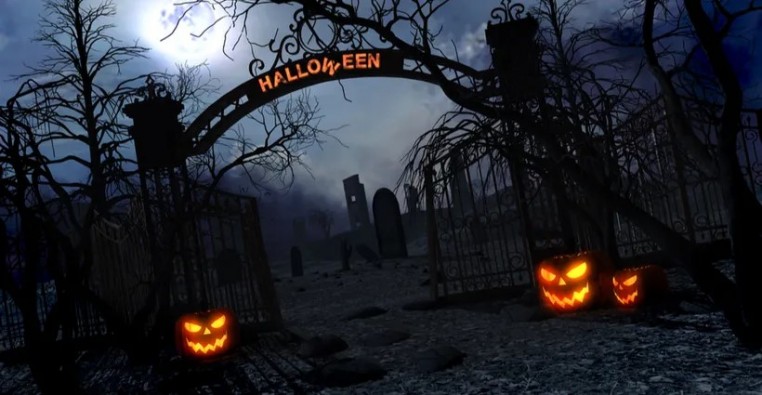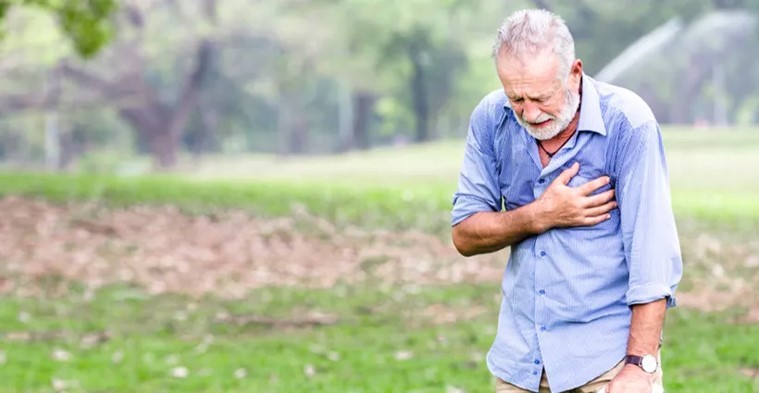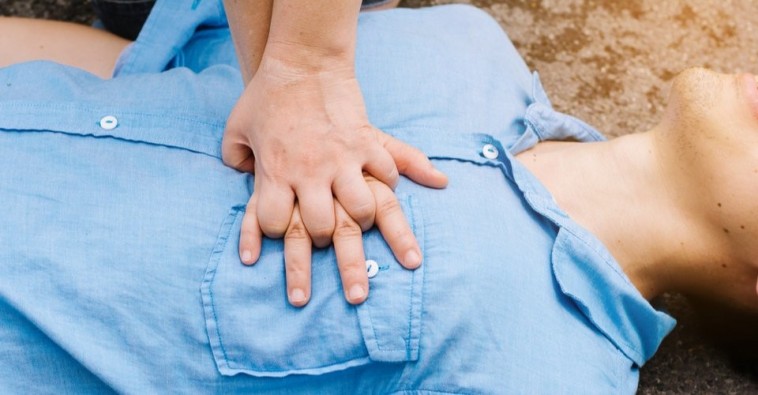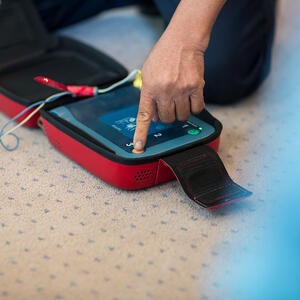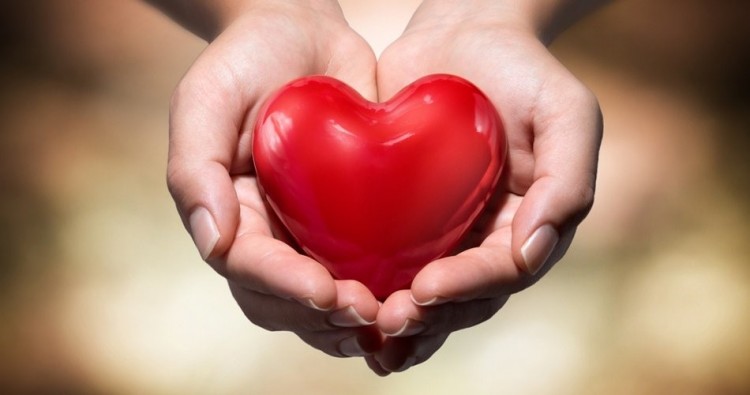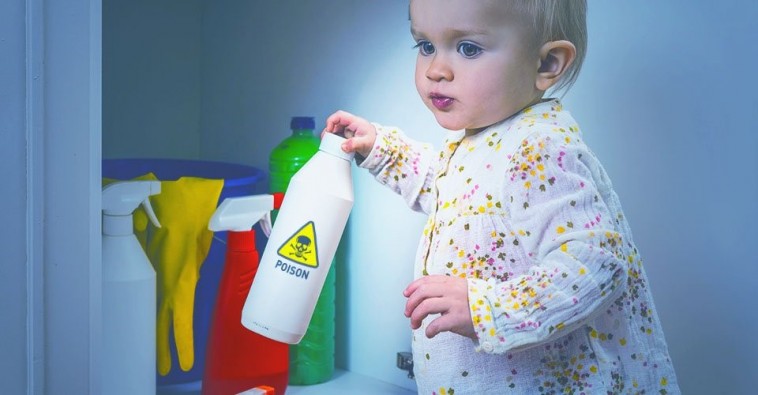This month we want to focus on using an AED. Each year thousands of New Zealanders experience an out-of-hospital cardiac arrest, whether it be at home, at the shopping centre, or out in public, which means that you may be the determining factor in saving someone’s life.
Fortunately, in this day and age we have the use of AED’s which are available in a lot of public places. All you need to do is find the location of an AED, turn it on and follow the instructions when prompted.
Find your closest available AED’s by clicking here .
